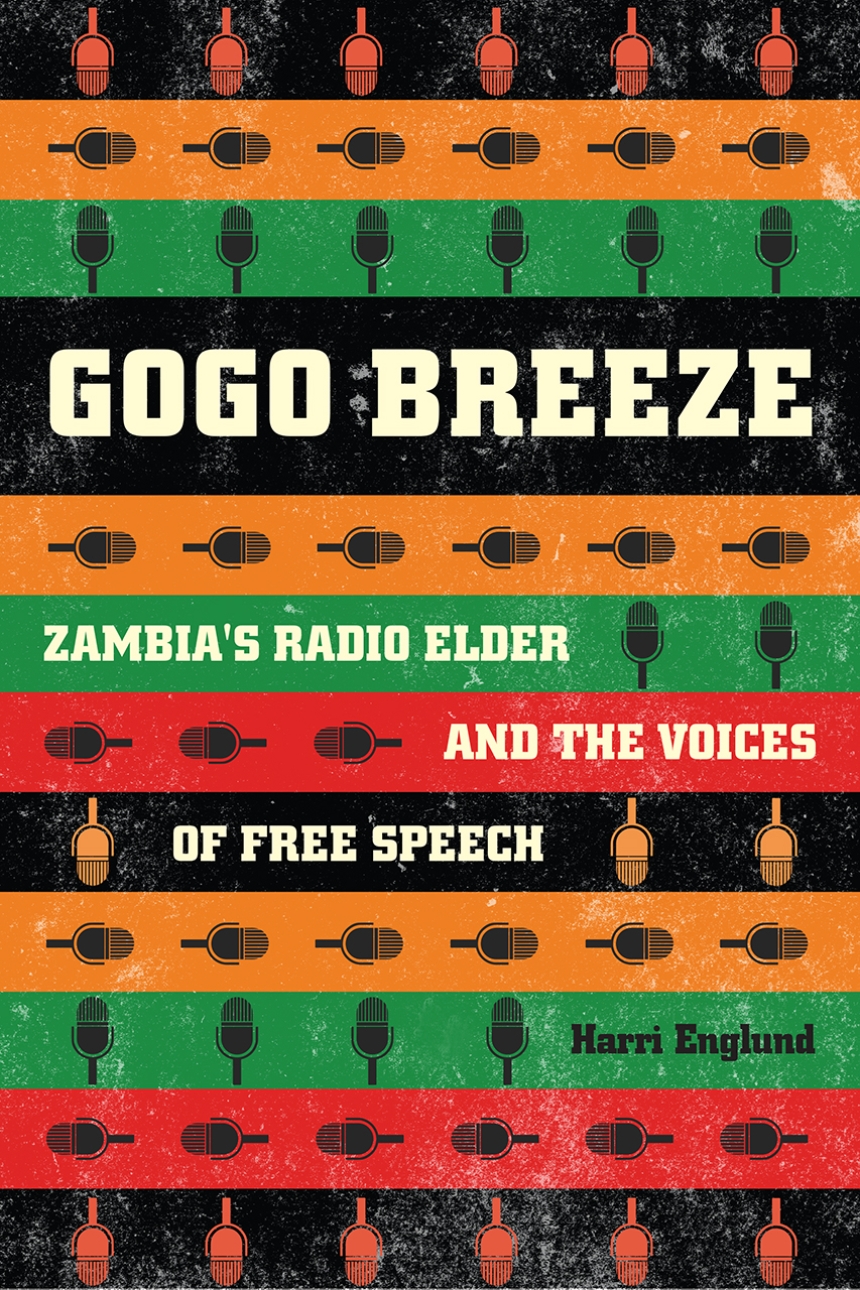Gogo Breeze
Zambia’s Radio Elder and the Voices of Free Speech
9780226498935
9780226498768
9780226499093
Gogo Breeze
Zambia’s Radio Elder and the Voices of Free Speech
When Breeze FM, a radio station in the provincial Zambian town of Chipata, hired an elderly retired schoolteacher in 2003, no one anticipated the skyrocketing success that would follow. A self-styled grandfather on air, Gogo Breeze seeks intimacy over the airwaves and dispenses advice on a wide variety of grievances and transgressions. Multiple voices are broadcast and juxtaposed through call-ins and dialogue, but free speech finds its ally in the radio elder who, by allowing people to be heard and supporting their claims, reminds authorities of their obligations toward the disaffected.
Harri Englund provides a masterfully detailed study of this popular radio personality that addresses broad questions of free speech in Zambia and beyond. By drawing on ethnographic insights into political communication, Englund presents multivocal morality as an alternative to dominant Euro-American perspectives, displacing the simplistic notion of voice as individual personal property—an idea common in both policy and activist rhetoric. Instead, Englund focuses on the creativity and polyphony of Zambian radio while raising important questions about hierarchy, elderhood, and ethics in the public sphere.
A lively, engaging portrait of an extraordinary personality, Gogo Breeze will interest Africanists, scholars of radio and mass media, and anyone interested in the history and future of free speech.
Harri Englund provides a masterfully detailed study of this popular radio personality that addresses broad questions of free speech in Zambia and beyond. By drawing on ethnographic insights into political communication, Englund presents multivocal morality as an alternative to dominant Euro-American perspectives, displacing the simplistic notion of voice as individual personal property—an idea common in both policy and activist rhetoric. Instead, Englund focuses on the creativity and polyphony of Zambian radio while raising important questions about hierarchy, elderhood, and ethics in the public sphere.
A lively, engaging portrait of an extraordinary personality, Gogo Breeze will interest Africanists, scholars of radio and mass media, and anyone interested in the history and future of free speech.
Listen to an interview with the author.
288 pages | 11 halftones | 6 x 9 | © 2018
Anthropology: Cultural and Social Anthropology
Reviews
Table of Contents
Acknowledgments
Introduction
PART I: BEING GOGO BREEZE
ONE / Mass-Mediated Elderhood
TWO / The Grandfather’s Voices
PART II: OBLIGATIONS ON AND OFF AIR
THREE / On Air: Beyond Charity
FOUR / Off Air: Private Service
PART III: WOMEN AND CHILDREN
FIVE / Between Feminisms and Paternalisms
SIX / Children’s Voices
PART IV: CODA
SEVEN / Radio Obligations
Appendix A: Confronting Mill Owners
Appendix B: Helping Miriam Nkhoma
Notes
References
Index
